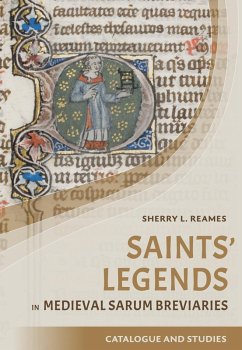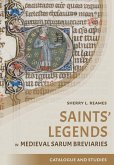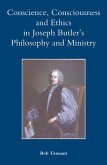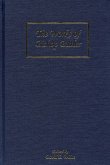This book examines one collection of saints' lives, or sanctorals, and the twenty-five female saints witnessed therein. Included in the study are transcriptions of twenty-two previously unedited lives.
Hagiography was one of the most prolific narrative genres in the Middle Ages. Jacobus de Voragine's Golden Legend (c. 1260), the most popular compendium, was translated into every language in Western Europe. In the medievalIberian peninsula, the number of conserved hagiographic documents dwarfs those belonging to other narrative genres. This book examines one collection of saints' lives, or sanctorals, and the twenty-five female saints witnessed therein. Their lives furnished exemplary models for women inside and outside the Church, and tell stories of maidens tortured by pagan sovereigns, prostitutes, mothers who see their sons martyred, and women who dress as men in orderto avoid being married off to the nearest suitor. This study challenges an understanding of these women as passive recipients of social and spiritual influence by re-situating female authority within the context of vision, language, and performativity. Included in the study are transcriptions of twenty-two previously unedited lives.
Emma Gatland is a Leverhulme Early Career Fellow, University of Cambridge.
Hagiography was one of the most prolific narrative genres in the Middle Ages. Jacobus de Voragine's Golden Legend (c. 1260), the most popular compendium, was translated into every language in Western Europe. In the medievalIberian peninsula, the number of conserved hagiographic documents dwarfs those belonging to other narrative genres. This book examines one collection of saints' lives, or sanctorals, and the twenty-five female saints witnessed therein. Their lives furnished exemplary models for women inside and outside the Church, and tell stories of maidens tortured by pagan sovereigns, prostitutes, mothers who see their sons martyred, and women who dress as men in orderto avoid being married off to the nearest suitor. This study challenges an understanding of these women as passive recipients of social and spiritual influence by re-situating female authority within the context of vision, language, and performativity. Included in the study are transcriptions of twenty-two previously unedited lives.
Emma Gatland is a Leverhulme Early Career Fellow, University of Cambridge.
Dieser Download kann aus rechtlichen Gründen nur mit Rechnungsadresse in A, D ausgeliefert werden.









